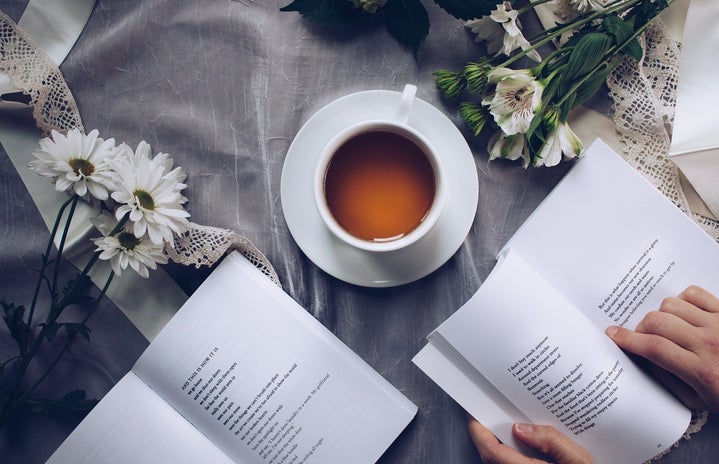Article by freelancer Dillon Frank
As University of Maryland students prepare for finals, skipping sleep in order to study may be doing more harm than good.
According to Tamara Allard, a fourth-year developmental psychology graduate student and graduate research assistant at this university, the average adult should get seven to eight hours of sleep per night. Although there is a common misconception that sleep is not heavily tied to mental and physical health, Allard says research shows people who don’t get enough sleep can have shorter life spans.
However, for sophomore Lilly Patneaude, this range is impractical.
“I think it is not realistic because there’s too much work that gets assigned at once, and there’s not enough time to do it if I sleep eight to 10 hours every night,” Patneaude said.
Nicole Cordes, a criminology and criminal justice and psychology major, agrees that seven to eight hours is unrealistic considering her course load.
“When I have a 9 a.m. [class,] I need to be awake by 7:30 or 8:00, and in order to get 10 hours of sleep, I have to go to bed at like 9:00,” Cordes said. “Plus, a lot of times, I’ll be starting homework after dinner, which is like 7:00, so I really would not be able to do that — I wouldn’t get my work done.”
As a student herself, Allard understands the challenge of getting ample sleep, especially during finals.
“I always tell people, if you don’t think you can get the full seven hours, try to get some sleep,” Allard said. “You should get at least three hours because … that’s two cycles, two sleep cycles … I’ve pulled all nighters before, and I regret them.”
According to Allard, research emphasizes the positive impacts that sleeping has on studying and memory.
“This is basically moving your memories from short term memory to long term memory … But what some research has actually shown, and what one hypothesis predicts, is that sleep enhances memory, it actually gets better across sleep … If you’re studying, your studying is going to be for naught if you don’t sleep after you study,” Allard said.
Some students, including sophomore Alison Murphy, found more success with balancing sleep and study during the period of online learning brought on by the COVID-19 pandemic.
“When we had fully online courses, I definitely was able to sleep more because my lectures were recorded, and so I’d just sleep for as long as I wanted to,” Murphy said. “And then, as you’ve transitioned back into in person, my sleep schedule has definitely gotten a little bit worse because I’m still staying awake later into the night, but I have to wake up earlier for classes.”
Allard described how chronic stress, including the ongoing pandemic and national social unrest, also impacts student health and ability to sleep. She recommends taking control of your environment and trying a few new sleep tactics.
“One of those is obviously turning off your cell phone … moving them somewhere away from your bed, turning off the television. I believe the recommendation is one to two hours before bedtime,” Allard said. “White noise makers are also something I recommend, kind of block out noise. It’s really important just to establish a sleep routine.”


